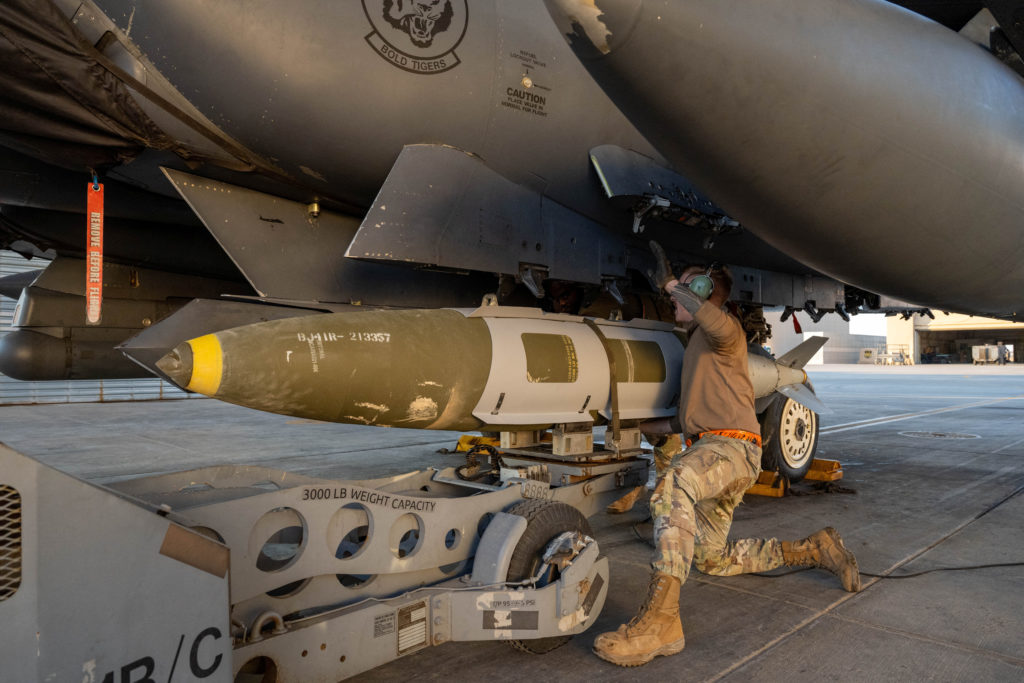DAMASCUS, Syria (AP) — Jordan confirmed Saturday that its air force took part in strikes launched by the United States on Islamic State group targets in Syria in retaliation for the killing of three U.S. citizens earlier…
Category: 2. World
-
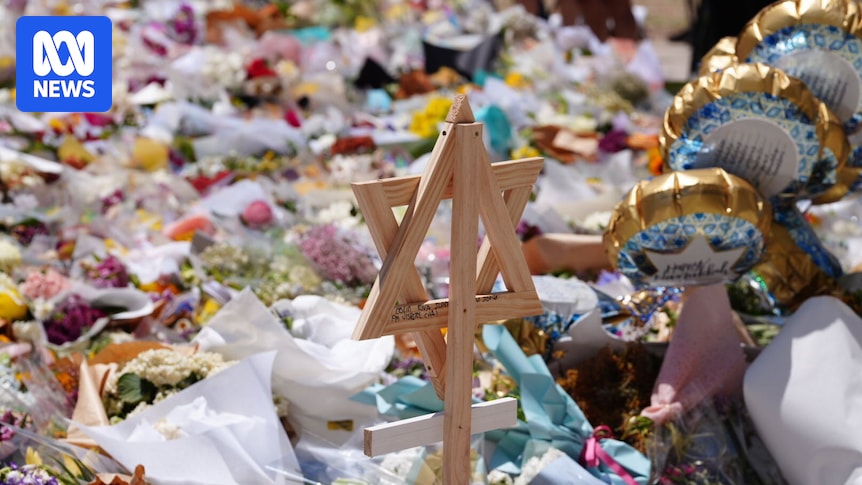
With heads bowed after the Bondi terror attack, now is the time to listen to the Jewish community
It’s a delicate art, trying to bear witness to grief, horror, terror, without getting in the way.
Many have stumbled in the past few days, trying to find a take, to form the right words, post the right images — without realising sometimes the…
Continue Reading
-

YouTube update delivers relief for Iranian viewers, pain for creators
Aside from lifting censorship of WhatsApp and resisting enforcement of compulsory hijab laws, most of Pezeshkian’s campaign pledges remain unrealized.
Even on the sensitive issue of the hijab, his refusal to formally implement a hardline law…
Continue Reading
-
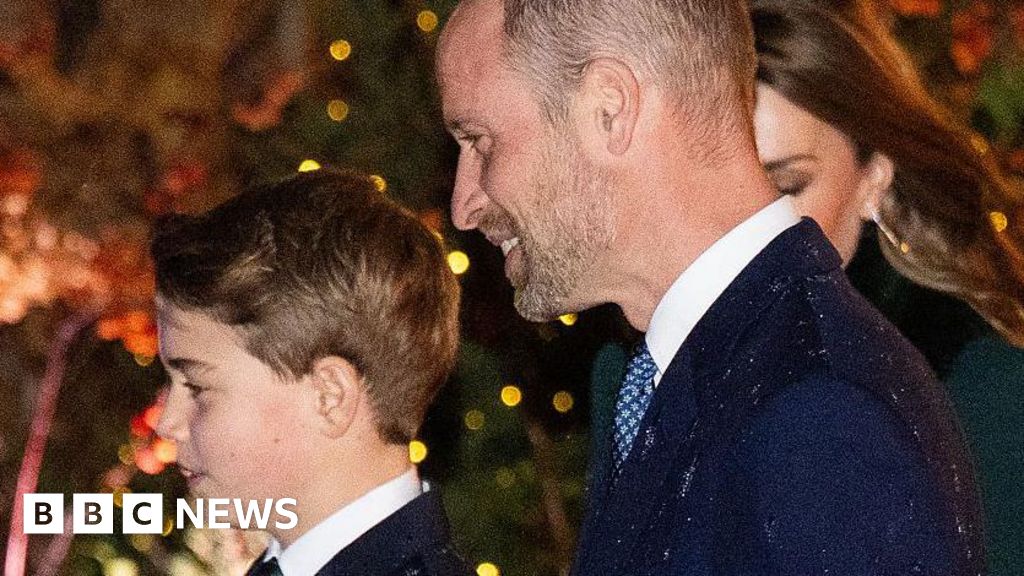
George joins Prince William in preparing meal for homeless
Sean CoughlanRoyal correspondent
 Getty Images
Getty ImagesGeorge has been brought to the Passage charity by his father Prince William The Prince of Wales has brought his 12-year-old son Prince George to help at a homeless shelter, so he can teach him about…
Continue Reading
-

Bill Clinton spokesperson says White House is using him as scapegoat after Epstein files release | Bill Clinton
A spokesperson for Bill Clinton accused the White House late on Friday of using him as a scapegoat after pictures of the former president with sex offender Jeffrey Epstein and Ghislaine Maxwell, as well as with a young woman in a pool, were…
Continue Reading
-
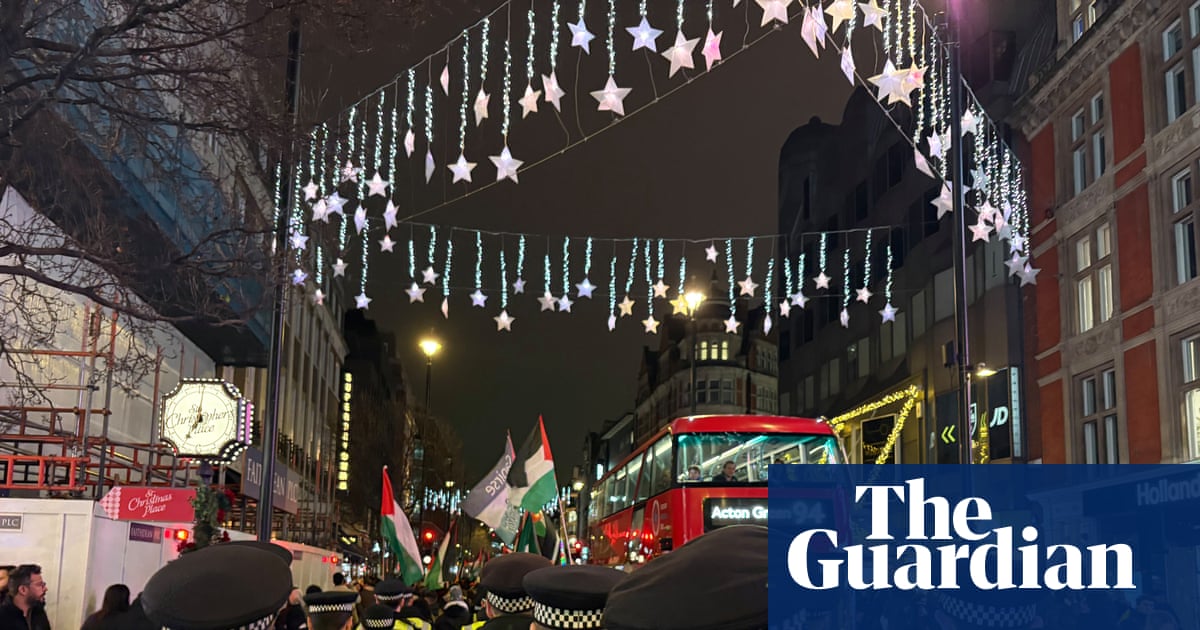
Met using outdated powers to police pro-Palestine protests, say legal experts | Metropolitan police
The Metropolitan police have been using powers they no longer have to crack down on pro-Palestine protests, according to legal experts.
Based on evidence obtained by the Guardian and Liberty Investigates, legal experts said officers had imposed…
Continue Reading
-
Netanyahu plans to brief Trump on possible new Iran strikes, NBC News reports – Reuters
- Netanyahu plans to brief Trump on possible new Iran strikes, NBC News reports Reuters
- Netanyahu plans to brief Trump on possible new Iran strikes NBC News
- Army chief, hinting at potential new Iran war, says IDF will strike ‘wherever…
Continue Reading
-
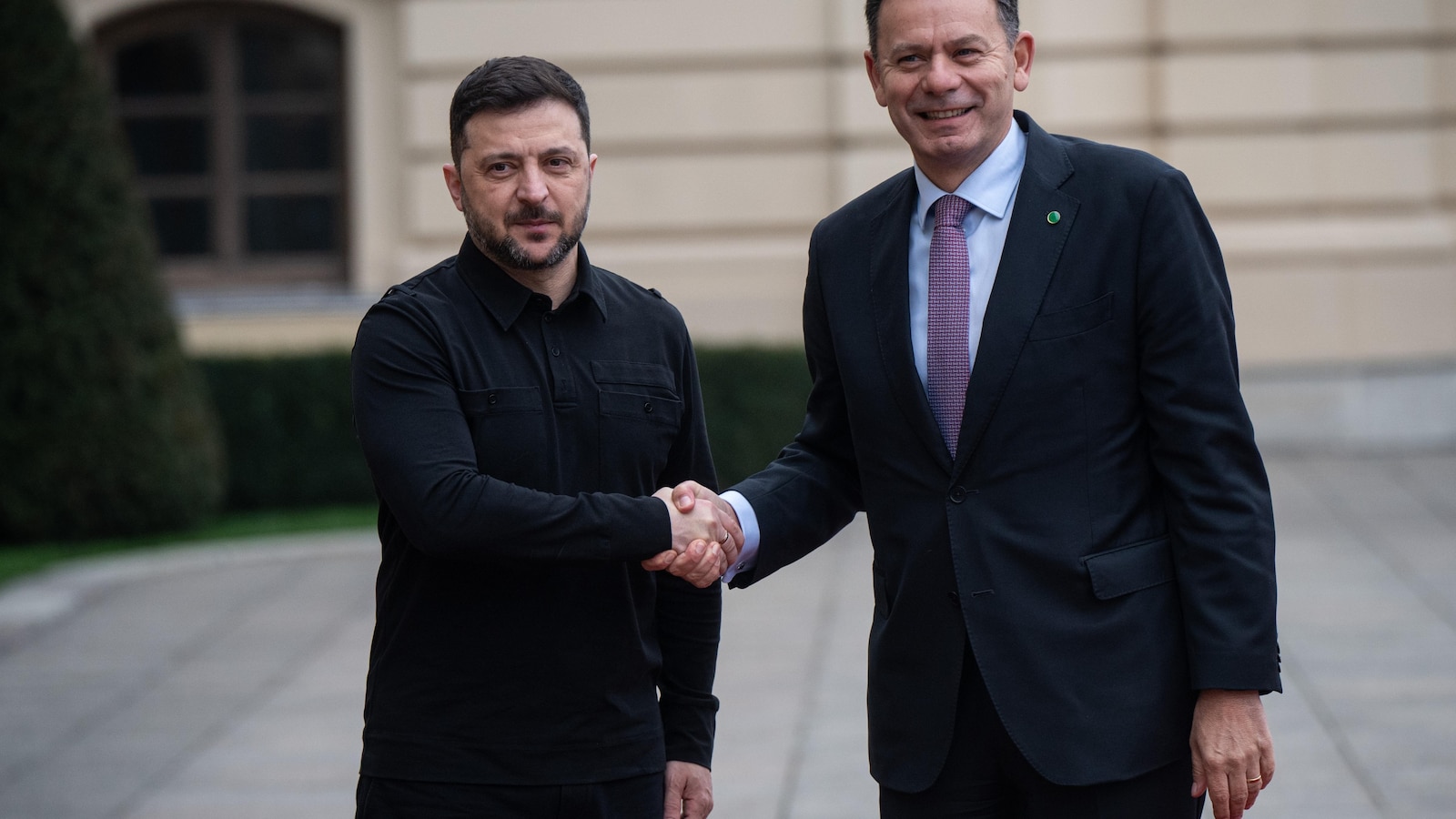
At least 8 dead and dozens wounded in Russian strike on Ukraine’s Odesa port
KYIV, Ukraine — A Russian missile strike on port infrastructure in Odesa in southern Ukraine killed eight people and wounded 27, Ukraine’s emergency service said Saturday, as a Kremlin envoy was set to travel to Florida for talks on a
Continue Reading
-

Winter solstice 2025: What to know about the shortest day of the year
FILE – Revellers celebrate the pagan festival of ‘Winter Solstice’ at Stonehenge in Wiltshire in southern England on December 22, 2023. (Photo by BEN STANSALL/AFP via Getty Images)
The winter solstice is almost here to mark the…
Continue Reading
-
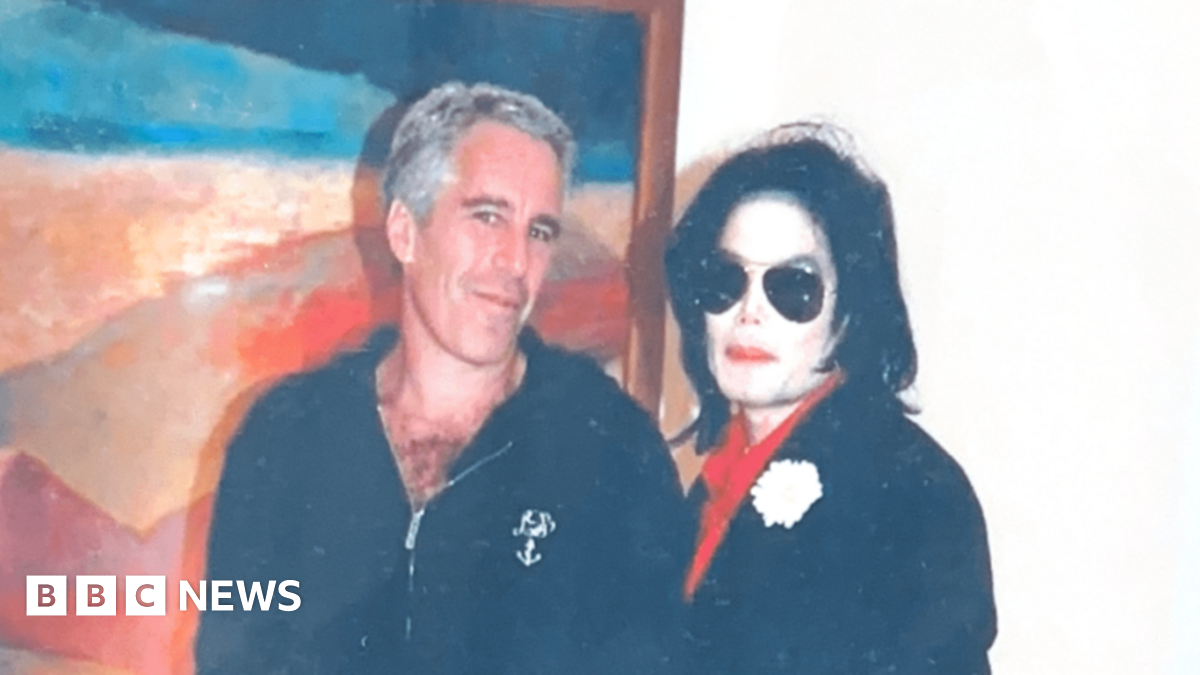
Live updates: Epstein files released with heavy redactions as thousands more documents expected
This isn’t the first time Pam Bondi has faced controversy over document handlingpublished at 11:18 GMT
Image source, ReutersAttorney General Pam Bondi is facing criticism for releasing only about 1% of the full volume of the…
Continue Reading
